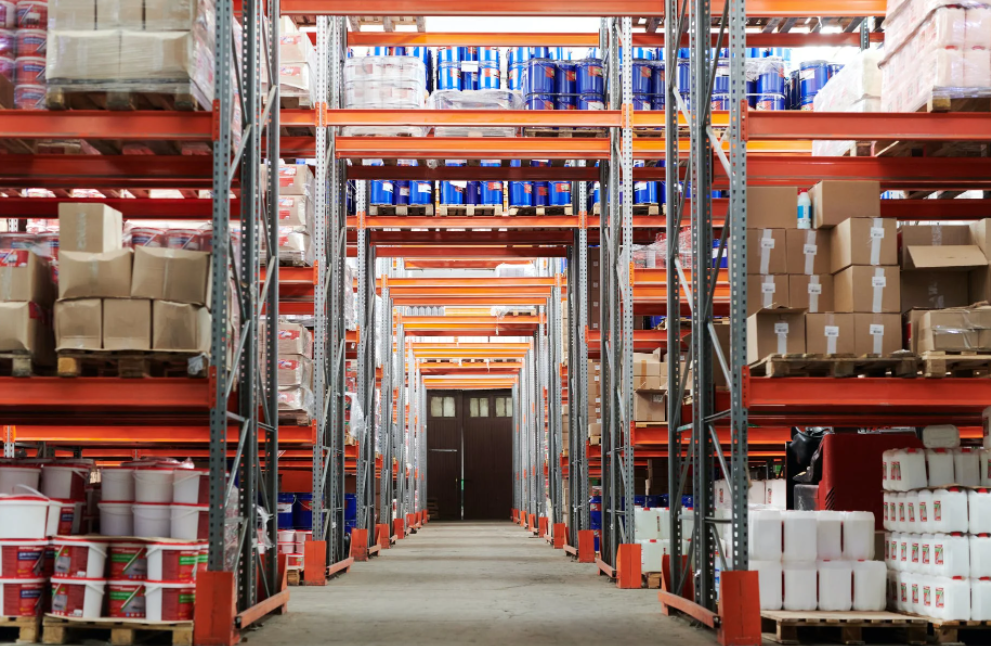Identifying Value in a BusinessHere's a simple guide to understanding the assets of a business:
INVENTORY is the stuff the business sells to it's customers. A gas station mini-mart sells candy bars and soft drinks. This is the inventory. FURNITURE, FIXTURES & EQUIPMENT (or "FF&E") help the business do it's work. This the shelving and refrigerators at the mini-mart that hold the candy bars and drinks. The buyer of the business should value this at it's current "as is" street value. REAL ESTATE is the building and land used for operating the business. If real estate is included in the sale, be sure to get separate appraisals for the real estate and the business to know the combined true value (Contact us for FREE appraisal info.) LEASES can add to the value of a business if they have good terms. Bad leases can diminish value. Some businesses operate on such narrow profit margins that a good lease may be one of the only points of value! "TENANT IMPROVEMENTS" OR "LEASEHOLD IMPROVEMENTS" are semi-permanent modifications made to the real estate by a business owner who leases the property. At the min-mart, the checkout counter and the tile on the floor are considered improvements to the real estate. CASH in the register, and in the bank accounts are assets too. But these do not transfer in a sale. They stay with the seller. The buyer of the business should plan on bringing their own operating capital to the business. ACCOUNTS RECEIVABLE (or "AR") is money owed to the business. Often the seller will keep these accounts because they are sales from the past owner. Similarly, long-term service contracts such as government contracts, can carry weight in a valuation, but these generally transfer to the new owner. INTANGIBLE ASSETS & INTELLECTUAL PROPERTY (or "IP") are the websites, recipes, documented systems, patents, exclusive vendor contracts, and other proprietary resources. Some buyer will buy a failing business just for a single element of IP. And saving the best for last... GOODWILL is the "momentum" of the business. It's the positive reputation, brand recognition, existing advertising, customer lists, repeat business and referrals. You can roughly measure the goodwill of a business by how much in sales revenue the business is generating without effort from the business owner. Goodwill is the main thing most buyers are looking to purchase. Comments are closed.
|
Author
Assisting business sales since 2010. Archives
April 2017
Categories
|


